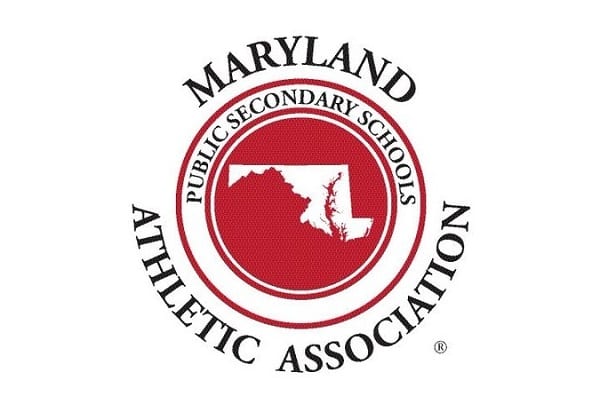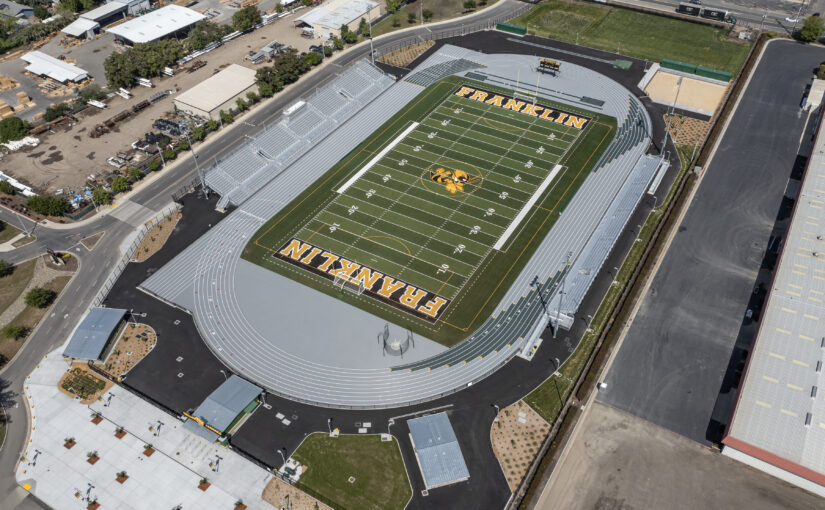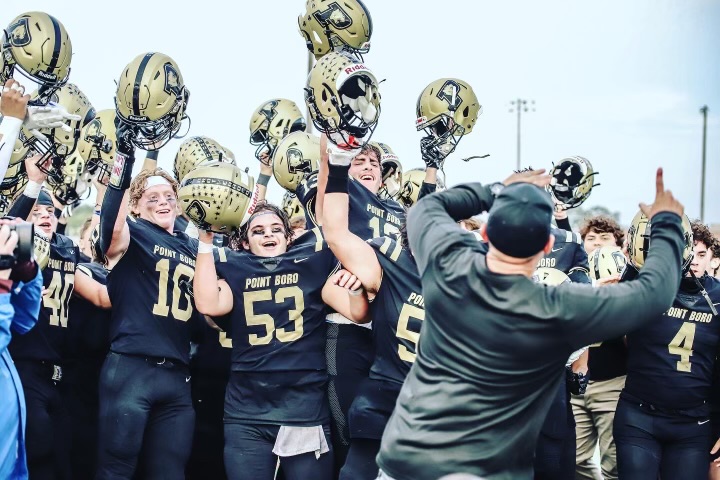Some big, new feathers are about to be added to the Duck nest.
Work is expected to begin in a few weeks on a major new athletics administration building at the University of Oregon’s sports campus, a project that will bring hundreds of construction jobs to the area but that also will cut back on tailgating space. The project includes new football practice fields and a new stadium for women’s soccer and lacrosse.
More than 750 parking spaces will be lost during the two-year construction period, although the number will drop to about 200 spaces lost once the job is complete. It’s also possible the reduction in spaces will mean the end of general admission parking for football games.
UO Athletics Director Rob Mullens said that’s a strong possibility, given the demand for reserved parking and other expected changes in the parking operation.
“We don’t see that happening on the Autzen property,” Mullens said of the return of GA parking.
Only 222 GA parking spaces were offered last season, out of more than 3,000 spaces in the Autzen lot. GA parking spaces are awarded to game-goers at the start of the season using the “priority points” system, which is based on attendees’ current and past donations. The rest of the spaces are reserved. To get a reserved parking space last season, fans needed to make a $4,000 donation to the Duck Athletic Fund and buy two season tickets.
Also, the projects will mean the permanent loss of 43 recreational vehicle parking spaces, leaving about 100. But Mullens said only about 100 RV spaces are typically requested.
The first phase of construction is expected to begin sometime in June, when the athletics department begins moving underground utility lines from the construction area. In August, construction crews will begin mobilizing on the site.
The heart of the project is a new building that will wrap around the north and west sides of the existing Casanova Center and provide a top-of-the-line home for the football program staff. The building is expected to total 130,000 square feet and rise six stories high in some places.
The new football practice fields, two synthetic surface and one grass field, will displace the existing Papé Field where the soccer and lacrosse teams play. A new field, along with stands, locker rooms and offices, will be built in what is now parking on the east side of Autzen Stadium.
How much the new facilities will cost is anybody’s guess. The work is being paid for by Phil and Penny Knight, the university’s most generous donors and major supporters of the athletics program. Phil Knight is the chairman of Nike and a UO alum.
The project will be managed much like the Jaqua Academic Center for Student Athletes, which also was a gift from the Knights and built by companies they hired and supervised. The cost of that building was never announced, but the $41 million price tag was revealed when the university had its value appraised after taking possession.
As with the Jaqua Center, Knight is leasing the property for the new football building and soccer/lacrosse stadium and will build the new facilities as a private project. Once complete, he will present them to the UO as a gift.
But the athletics department is on the hook for the cost of moving utility lines under the projects so the sites are ready to build. Mullens said that could cost up to $3 million, money that would come out of the athletics budget.
The athletics department does not get any operating money directly from the university and considers itself self-supporting. But critics say that’s not an accurate label because the university pays for the academic services provided to athletes in the Jaqua Center and provides free parking for the athletes who use it.
For the time being, the biggest effect of the construction project will be on the parking available for football games. Construction sites and staging areas will eat up major portions of the Autzen Stadium parking lot, temporarily blocking hundreds of spaces.
According to the athletics department, 729 car spaces and 43 recreational vehicle spaces will be lost during construction, although some car spaces will gradually be regained as the project proceeds. People with reserved spaces who are displaced will be given a new space in another part of the lot, the department said.
Eliminating general admission parking and using some unassigned parking will allow the department to accommodate those people. General admission parking has steadily shrunk as the athletics complex has expanded and as the football team has become more successful, allowing the department to require large donations to the Duck Athletic Fund from fans who want a reserved spot.
Hundreds of parking spaces were lost when the PK Park baseball field was built and when the original soccer/lacrosse and football practice fields were added. But at the same time, the university worked out deals with property owners on the north side of Martin Luther King Jr. Boulevard to offer football parking and tailgating.
As a result, even with the large number of spaces lost during the latest construction project, the UO will remain in compliance with the city’s required minimum of 4,749 spaces.
Once the construction projects are complete, the athletics department says the net loss in parking spaces will be 143 car spaces and 43 RV spaces. The total number of remaining spaces will be more than 5,000.
Parking won’t be the only operation affected by construction. The Duck Athletic Fund offices and ticket office are being temporarily moved to the northeast corner of the Moshofsky Center, and the main entrance to the Casanova Center will be from the east side of the building instead of the west.
Entry to the DAF offices, ticket office, Duck Store and Casanova Center will be through Autzen Stadium’s south gate, off Leo Harris Parkway.
Also, corporate tents and other events that now take place in Mallard Park will be moved to PK Park during construction. Once construction is complete, Mullens said the department will evaluate the situation and decide whether to continue using PK Park, moving the events to the soccer/lacrosse field or do something else.







